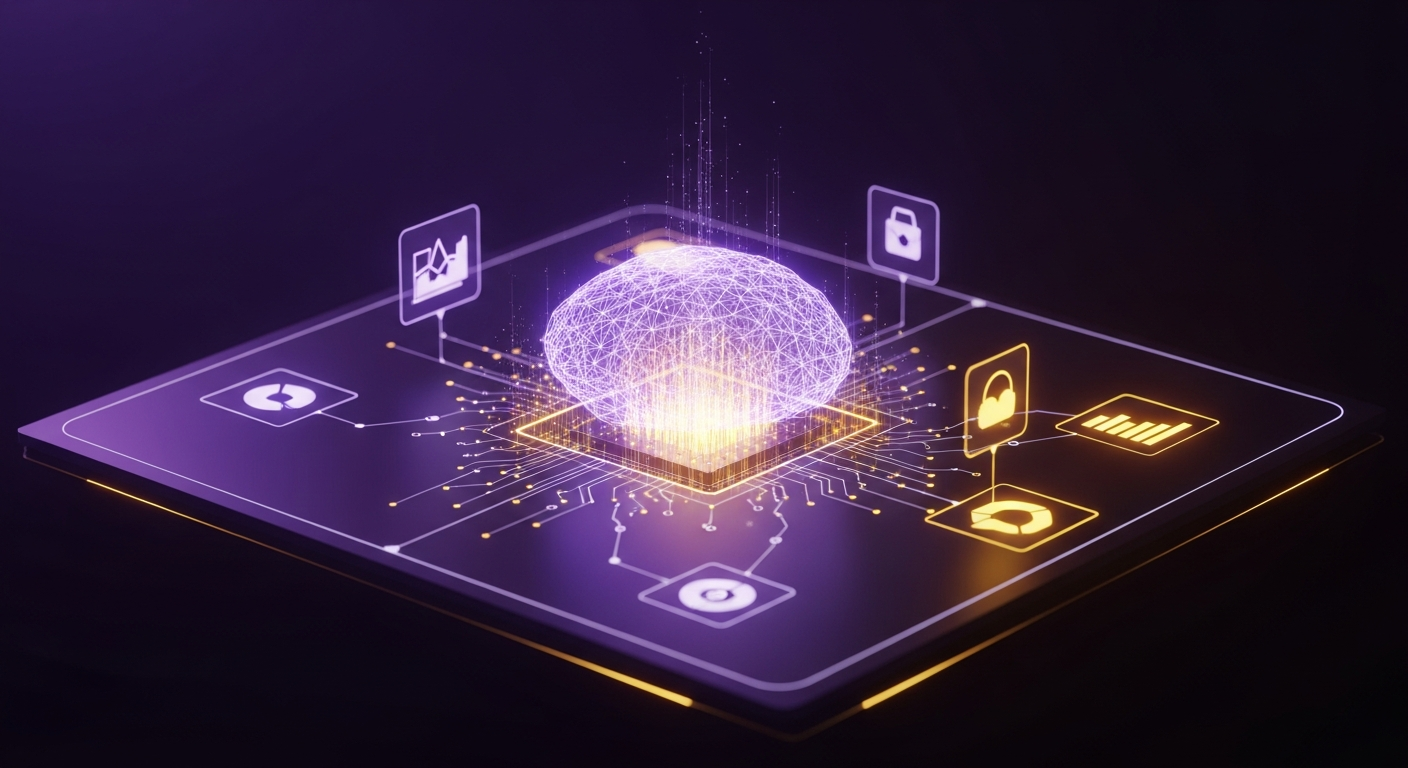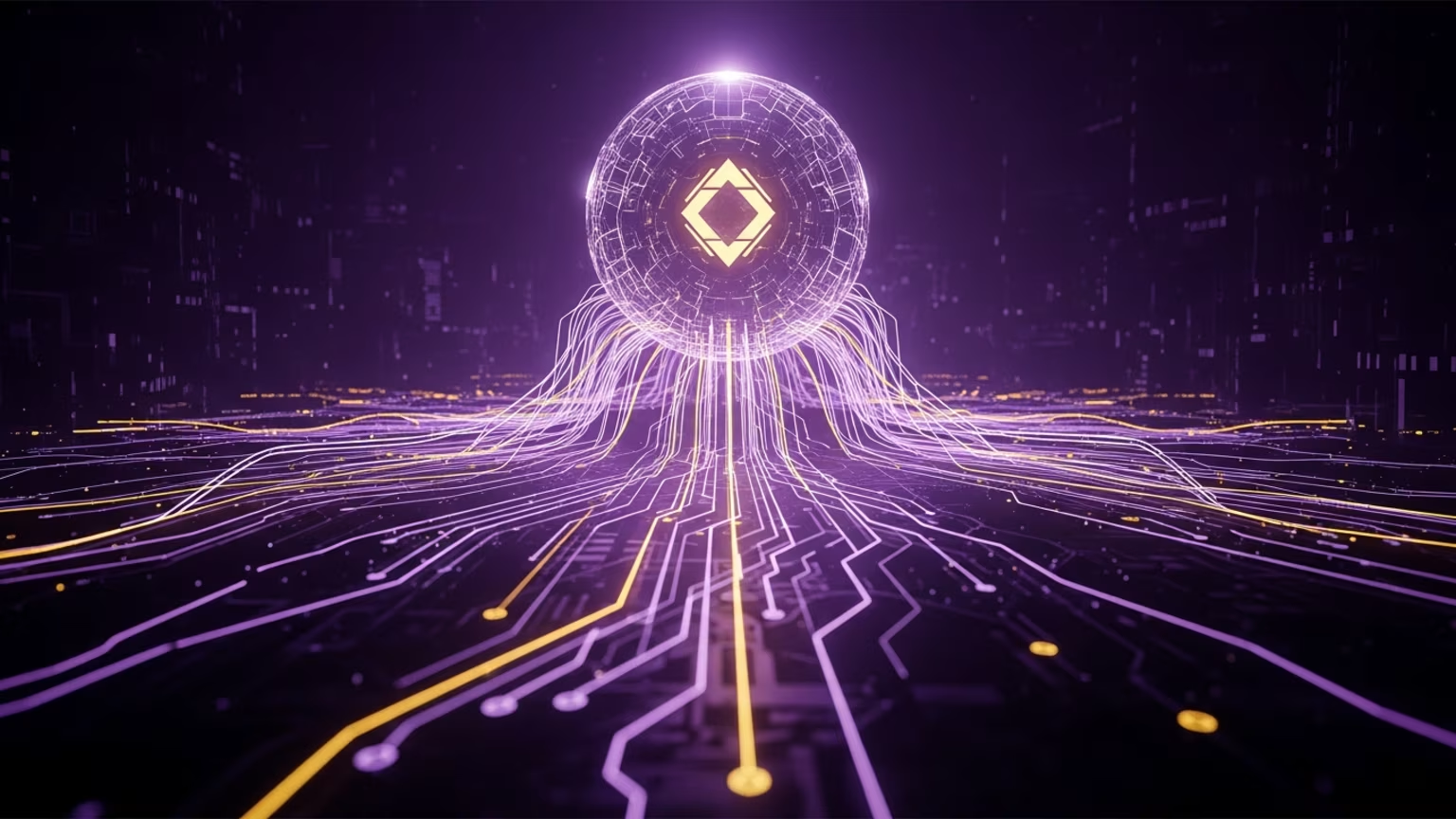
Autonomous Infrastructure
Use the Zendesk AI agent to cut support tickets
Your guide to Zendesk's new AI agent. Learn how it automates 80% of customer support.

The quick answer
Zendesk’s new AI agent aims to solve 80% of support tickets. Here is how your business can get ready for this shift in customer service automation:
- Understand the capabilities: The Zendesk AI agent is designed for autonomous support, handling the bulk of routine customer queries without human help.
- Audit your support tickets: Identify the high-volume, low-complexity issues that make up most of your support requests. These are the first tasks for the AI to handle.
- Redefine your team's role: Prepare your human agents to manage the 20% of complex, high-value escalations where they can make the biggest impact.
- Plan for integration: The AI can perform actions like processing refunds or updating orders. List the systems it needs to connect with to resolve issues end-to-end.
- Monitor AI performance: Use Zendesk's new read-only ticket system to track how the AI performs and find areas for improvement.
What is the new Zendesk AI agent?
Zendesk has launched a new autonomous support agent built to resolve up to 80% of customer support issues without human intervention. This is a major step in customer service automation, moving beyond simple chatbots to AI that can solve problems.
This system is not just one tool. It is a suite of AI agents working together.
- Autonomous Agent: This is the main engine that handles the majority of customer questions on its own.
- Co-pilot Agent: For the remaining 20% of complex issues, this AI assists human agents, providing suggestions and context to help them solve problems faster.
- Specialized Agents: Zendesk also introduced agents for administration, voice support, and advanced analytics.
How Zendesk AI changes the support workflow
One of the biggest practical changes is how AI conversations are tracked. Conversations handled entirely by the AI now appear as read-only tickets in the main support workspace. This gives managers and agents full visibility into the AI's work.
Previously, these conversations were only stored as transcripts for 30 days and were hard to track. The new system improves transparency and oversight. Future updates will allow these AI tickets to trigger workflows and add tags, creating more powerful fully managed digital solutions.
Is the 80% resolution claim realistic?
An 80% autonomous resolution rate sounds high, but industry benchmarks show it is achievable. Independent tests like TAU-bench show that top AI models can already solve 85% of support issues in specific scenarios.
The market for AI customer support is also competitive. Competing products like Intercom’s Fin AI chatbot claim resolution rates up to 86%. These tools prove that modern AI can do more than just answer questions; it can resolve them completely.
What this means for your support team
The goal of the Zendesk AI agent is not to replace your support team. It is to change their focus. By automating the repetitive 80% of tickets, it frees up your human agents to concentrate on the most difficult and valuable cases.
Human agents will work on escalations, sensitive customer issues, and relationship-building. The AI co-pilot will help them, making their work more efficient and impactful. This shift leads to less burnout and a more specialized, skilled support staff.
How to prepare for AI driven support automation
You can take clear steps to prepare your business for this new model of customer service. The process is about strategy and preparation, not just turning on a switch.
Step 1: Audit your current support issues
Start by analyzing your existing support tickets. Identify the most frequent and repetitive questions your customers ask. Look for simple, pattern-based queries about order status, password resets, or product information.
These issues are the prime candidates for the autonomous Zendesk AI agent. Creating a list gives you a clear starting point for automation and helps refine your customer conversion strategies by addressing pain points.
Step 2: Define your AI and human roles
Create a rulebook that defines what the AI handles versus what a human handles. For example, the AI might manage all "where is my order?" requests, while a human agent handles any complaint involving a product defect.
A clear separation ensures a smooth handoff when a ticket needs to be escalated. This prevents customer frustration and makes your support process predictable and reliable.
Step 3: Plan for system integrations
Modern support AI resolves issues by taking action. This means it must connect to your other business systems like Shopify, Salesforce, or Jira. Plan which actions you want the AI to perform, such as processing a refund or creating a task for your development team.
Mapping these integrations is critical for achieving true, end-to-end support automation. This is a core part of building efficient digital systems that grow with your business.
Step 4: Train your team on the new workflow
Your team's job is shifting from operator to supervisor. Train them on how to use the new tools and workflows. Show them how to monitor the AI's read-only tickets to ensure quality.
Most importantly, train them to use the co-pilot agent. This tool helps them tackle the complex 20% of tickets with greater speed and accuracy. Their expertise becomes a powerful asset combined with AI assistance.
How Zendesk built its advanced AI agent
Zendesk’s new capabilities are built on a series of strategic technology acquisitions. This foundation provides a robust platform for its AI, rather than simply relying on a third-party large language model.
Key acquisitions include Klaus for AI-powered quality assurance, Ultimate for its automation platform, and Hyperarc for analytics. According to Zendesk's AI announcement, these technologies were essential for creating a truly agentic service system.
Your next steps for support strategy
The introduction of Zendesk’s new agentic service signals a clear shift in customer support. Automation is no longer about deflecting tickets but about resolving them.
To stay ahead, focus on action. Begin auditing your support tickets now to identify your top automation opportunities. This single step will prepare you for integrating a powerful Zendesk AI agent and transforming your customer experience.
read more
Similar articles

Get ready for AI local visibility

Use GPT Image 1.5 for marketing content creation
Let’s grow
Start your monthly marketing system today
No guesswork, no back-and-forth. Just one team managing your website, content, and social. Built to bring in traffic and results.




